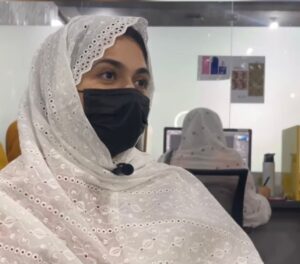PESHAWAR – The National Institute of Health (NIH) has warned of a rise in dengue cases after recent heavy rains, urging citizens and health authorities to take immediate precautions.
The institute’s advisory highlights the increased risk of transmission, especially in Punjab, Balochistan, and northern areas. The virus spreads quickly in warm, humid weather, with transmission peaking in spring and accelerating during the monsoon season. Hospitals must improve laboratory facilities for dengue diagnosis, while authorities must ensure early preparations before the outbreak worsens.
The institute stressed the need for proactive surveillance and immediate action to control the virus.In 2024, Pakistan reported 28,427 dengue cases.
The virus spreads through mosquitoes that breed in stagnant clean water, making water accumulation a major risk. The advisory urged the need to eliminate mosquito larvae is crucial to preventing outbreaks. Dengue symptoms include high fever, sore throat, body aches, headaches, nausea, and vomiting.Severe cases can cause internal bleeding and blood vessel rupture, leading to life-threatening complications. Patients often suffer a sharp drop in platelet count, requiring close medical monitoring.
Each year, dengue infects 50 to 100 million people worldwide. The virus has four distinct strains, and while only 1% of cases become severe, timely diagnosis and treatment can prevent deaths.The institute urged citizens to take responsibility in stopping the virus.
People must prevent water from collecting in and around their homes, cover water containers, and maintain hygiene. Authorities must conduct anti-dengue sprays to eliminate larvae before they turn into mosquitoes.Dengue mosquitoes are most active at dawn and dusk.
The institute advised using mosquito nets, installing mesh screens on windows and doors, and wearing full-sleeved clothing for protection.With dengue season approaching, health officials warn that only early action and public cooperation can prevent a major outbreak.
Peshawar’s Pollution Crisis: Can Artificial Rain Be The Answer?












